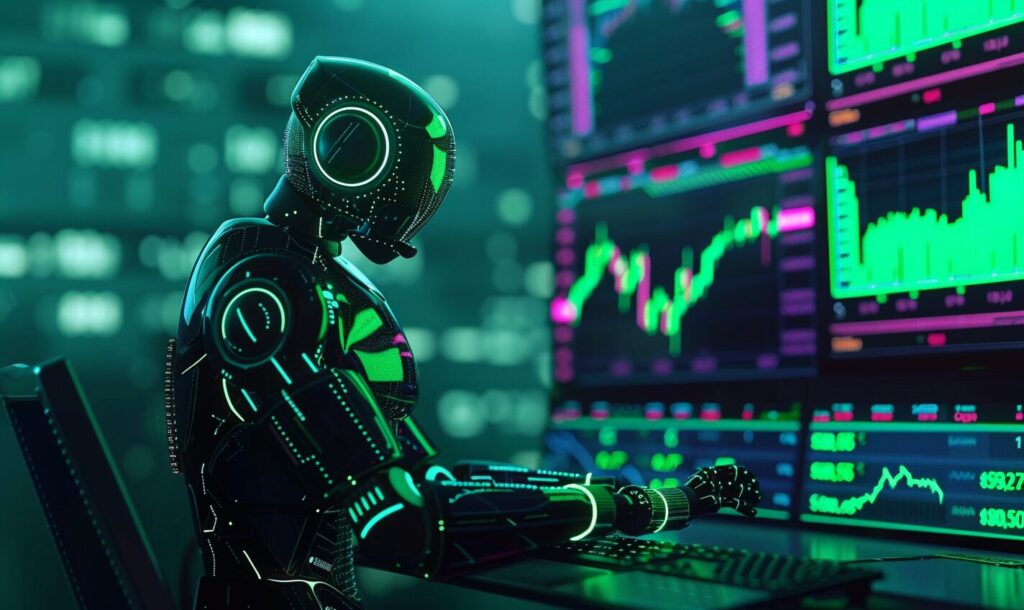The philosophy of artificial intelligence is a fascinating field of study that asks some very complex questions about the nature of intelligence. Is artificial intelligence (AI) the same thing as human intelligence? Can machines be truly intelligent, or are they just doing what we program them to do? And perhaps the most mind-bending question of all — can a machine have a consciousness?
These are difficult questions to answer, but that doesn’t stop philosophers from trying. Explore some of the most thought-provoking ideas in the philosophy of artificial intelligence below.
What Is the Philosophy of Artificial Intelligence?
The philosophy of artificial intelligence is the philosophical examination of the nature of artificial intelligence. This includes investigating the definition of artificial intelligence, as well as questions about whether machines can be truly intelligent or if they are just doing what they are programmed to do.
The philosophy of artificial intelligence is a relatively new field, which began to be studied in earnest in the 1950s. Some of the earliest thinkers in this area were Alan Turing and John McCarthy.
Why Does AI Philosophy Matter?
The philosophy of artificial intelligence is important because it can help us to better understand the nature of intelligence and consciousness. It can also help us to design better machines and to make sure that our machines are ethically sound.
Is Artificial Intelligence the Same Thing as Human Intelligence?
Some would say that artificial intelligence is nothing like human intelligence, while others believe that the two are one and the same. The truth is, there is no simple answer to this question.
It’s easy to see why some people believe that artificial intelligence is nothing like human intelligence. After all, humans created artificial intelligence, so it stands to reason that it would be different from the real thing. However, there are also some similarities between the two. For example, both human beings and artificial intelligence rely on patterns to learn and make decisions.
In the end, whether or not artificial intelligence is the same as human intelligence is a matter of opinion. Some people believe that AI can never truly replicate human thought, while others believe that it’s only a matter of time until machines become just as intelligent as we are.
Can Machines Be Truly Intelligent, or Are They Just Doing What They Are Programmed to Do?
Many believe that machines cannot be truly intelligent because they are just doing what they are programmed to do. The argument is that true intelligence comes from understanding and being able to reason, and machines cannot do this because they lack a conscious understanding of their surroundings.
While it might be true that machines cannot be truly intelligent, they can be incredibly intelligent when it comes to performing specific tasks. For example, we can program a computer to beat any human at chess, but it cannot understand the game in the same way that a human does. Similarly, we can program a machine to recite pi to a certain number of decimal places, but it cannot understand the concept of pi.
Can a Machine Have a Consciousness, and if so, What Does That Mean for Humanity?
This is a difficult question to answer, as it presupposes our understanding of both consciousness and machines. It may be that consciousness is simply an emergent property of certain complex machines, in the same way that heat is an emergent property of certain molecules. In this case, there would be no real metaphysical difference between a conscious machine and a conscious human being.
Alternatively, it may be that consciousness is something fundamentally different from anything that can be found in machines. If this is the case, then it is difficult to say what it would mean for humanity if machines could become conscious. One possibility is that we would have to treat machines as moral beings, with rights and responsibilities. Another possibility is that we would simply view them as very advanced tools.
These are difficult questions to answer, but they are important ones to consider as we move into an increasingly technological future, and they are ones the philosophy of artificial intelligence explores. As AI becomes more advanced, it is important that we take the time to think about its implications for our society and for ourselves as individuals.
What Does the Future of AI Hold for Humanity?
The future of artificial intelligence is uncertain. It seems clear that it will continue to make many new types of work possible, particularly creative and public-facing, we can’t yet imagine.
It’s not always clear what the effects of AI might be on society, but we know conclusively that this change lies in our near future and affects everyone who spends their waking hours at a desk or otherwise intimately engaged with technology — even those who only use tech as consumers.
While the future of AI is uncertain, it seems clear that it will continue to have a profound impact on humanity. We must grapple with the implications of this change and figure out how to make sure that everyone benefits from its development. As technology increasingly becomes intertwined with every aspect of our lives, we need to ensure that it does not come at the expense of our essential human qualities.
Recent Stories
Follow Us On
Get the latest tech stories and news in seconds!
Sign up for our newsletter below to receive updates about technology trends














